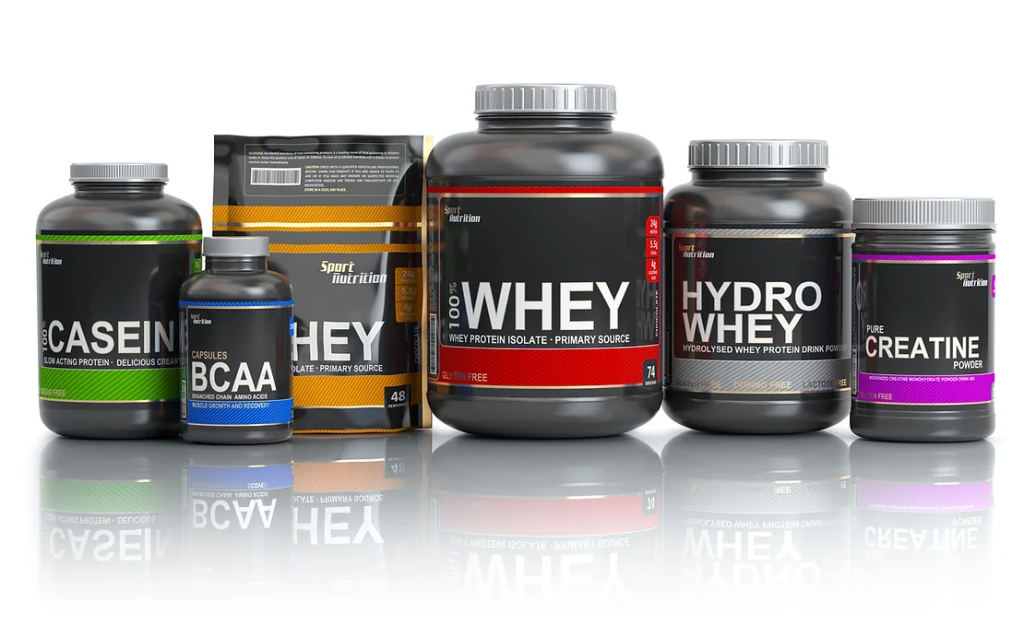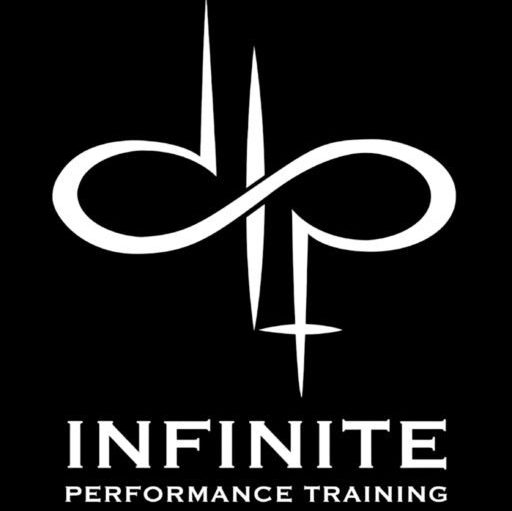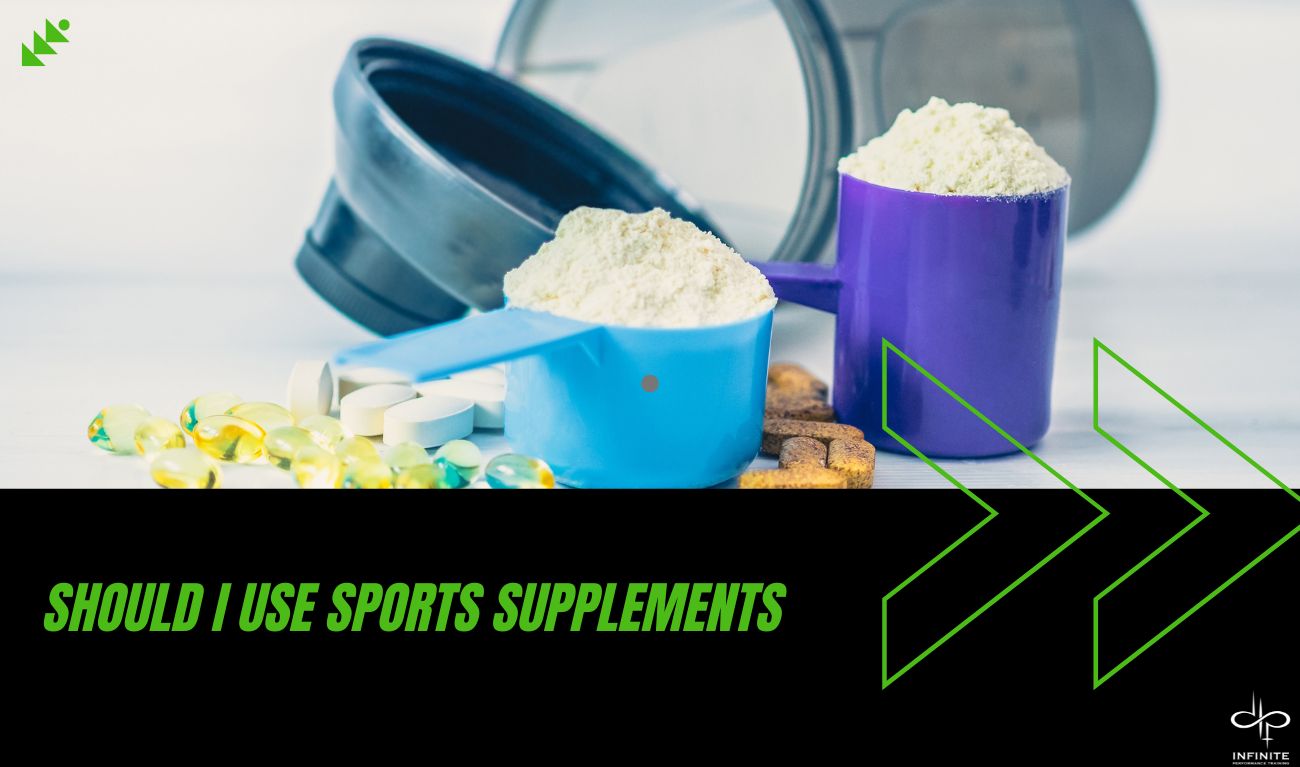As performance trainers and coaches, we often get asked by many athletes, “Should I use Sports Supplements?” Sometimes used in conjunction with sports nutrition, sports supplements are designed to help you recover and repair quicker.
This begs the question – should you use sports supplements?
In this article, the team here at Infinite Performance Training dives into the pros and cons of sports supplementation to help you decide which is best for you. We’ll cover how supplements can enhance performance, build muscle, and aid recovery and the risks and things you need to watch out for.
First, Understanding Sports Supplements
What you will find out is that sports supplementation is meant to be an add-on to your normal dietary consumption. In short, this article will highlight these four main points:
- Enhance athletic performance by improving strength, endurance, and recovery
- Must be cautiously approached due to potential safety concerns and lack of regulation.
- Protein supplements, creatine, and branched-chain amino acids (BCAAs) are popular choices among athletes for supporting muscle growth and recovery.
- Consulting healthcare professionals and prioritizing a balanced diet are crucial for athletes considering supplements to ensure their nutritional needs are met safely and effectively.
Sports supplements, known as ergogenic aids, boost performance by enhancing muscle building, energy levels, endurance, and weight management. They come in various forms, such as pills, capsules, tablets, and liquids, making them accessible and easily incorporated into any routine.
Dietary supplements are products meant to supplement the diet and may contain vitamins, minerals, amino acids, and other substances (think of a protein shake). Typical forms of sports supplements include powders, bars, tablets, and liquids. Protein comes from the Greek word proteins, which means primary or first, and it is a vital ingredient in many sports supplements and is essential for muscle building and repair. Creatine and amino acids are also frequently included to provide energy for high-intensity activities and support muscle recovery.
Why is there negativity about sports supplements?
The food and drug administration does not regulate dietary supplements to the same standards as conventional food or medications. This lack of regulation can raise safety concerns, as the quality and efficacy of these products can vary widely. It is not that sports supplements are bad for you, it is that some sports nutrition companies mislabel or make false claims about products that are not true.
Understanding the ingredients and their sources helps you make informed choices, which is why learning more about sports nutrition is vital. While sports nutrition supplements offer numerous benefits, they also require careful consideration and knowledge. Here at Infinite Performance Training of Gainiesville, VA we help all of our clients understand the pros and cons matched with the best course of action for their individual needs!
Benefits of Using Sports Supplements

Sports supplements aim to boost athletic performance by enhancing strength, endurance, and recovery to stimulate muscle growth. These advantages appeal to many athletes, from professional competitors to fitness enthusiasts. Protein, creatine, and caffeine supplements are among those known to be effective in improving exercise performance.
The following subsections will detail the specific benefits of protein supplements, creatine supplements, and branched-chain amino acids (BCAAs). Let’s take a look at the top sports supplements:
1. Protein Supplements

Protein supplements and protein powders are made from milk- or plant-based protein, offering a convenient way to ensure adequate protein intake without relying solely on whole food sources. This is particularly advantageous for those with busy schedules or dietary restrictions.
The leucine content, an essential amino acid crucial for muscle growth, differentiates whey and soy protein. Whey protein, with its higher leucine content, is often preferred for its quick absorption and effectiveness in building muscle. However, soy protein is an excellent alternative for plant-based diets.
Besides convenience, protein supplements help increase lean muscle mass and support muscle recovery after intense workouts. Providing a high concentration of essential amino acids for muscle repair, they are integral to many athletes’ nutritional regimens.
2. Creatine Supplements
Creatine, an organic substance, is essential for muscle energy production during high-intensity, short-duration activities. Although creatine can be sourced from foods like meat or fish, many athletes prefer the convenience and precise dosage of supplements to help them build muscle.
Creatine supplements come in various forms, such as powders, pills, energy bars, and drink mixes. The benefits include increased lean muscle mass, enhanced strength, and improved exercise performance. These advantages make creatine supplements popular among those looking to boost their power and endurance.
Note: This is not a product kids should take. Protein powders are okay for children with regulation; however, there are physical maturation requirements before taking creatine supplements.
3. Branched-Chain Amino Acids (BCAAs)
BCAAs, which include leucine, isoleucine, and valine, are vital for muscle metabolism and protein synthesis. Research indicates that BCAAs can help reduce muscle soreness and fatigue post-exercise, making them a valuable addition to any athlete’s recovery strategy.
BCAAs may also prevent muscle breakdown during physical activities, helping athletes maintain their hard-earned muscle mass. Generally well-tolerated and not commonly associated with severe side effects, these supplements are a safe option for most athletes.
Potential Risks and Concerns

While the benefits of sports supplements are enticing, it’s essential to consider the risks and concerns associated with their use. Things like protein, creatine, and BCAAs are generally regarded as safe and ok; however, anabolic steroids and human growth hormone can be illegal and carry significant health risks.
This underscores the need to distinguish between legal and illegal supplements. If something is illegal, it is not going to be good for young athletes or anyone for that matter. Additionally, excessive caffeine consumption, often found in performance-enhancing supplements, can lead to health risks if intake exceeds 400 mg per day.
Safety Considerations
Athletes concerned about nutrient deficiencies or considering new supplements should consult a healthcare professional. Seeking medical advice is advisable to avoid potential interactions, especially if taking other medications. Using dietary supplements should be a personal choice, ideally guided by family and sports medicine professionals.
Buying supplements from reputable sources is crucial, as online products can sometimes be counterfeit or expired. Amid widespread misinformation, accessing reliable nutrition information can be challenging for athletes, making professional consultation even more critical.
Alternatives to Sports Supplements
Athletes should critically evaluate their dietary habits to meet their nutritional needs before taking supplements. A well-balanced diet can effectively meet these requirements, potentially eliminating the need for supplements. Preferred protein sources include whole foods such as eggs, fish, chicken, turkey, beans, dairy, and soy.
Foods high in unrefined carbohydrates, like whole-grain breads and cereals, should also be central to an athlete’s diet. These foods provide sustained energy and support overall health, making them valuable to any sports nutrition strategy.
Prolonged use of dietary supplements could have negative health impacts, reinforcing the need to prioritize whole foods and a balanced diet.
When Should Athletes Consider Supplements?
As sports trainers, we often train student-athletes from age 6 all the way to 26 or older. Needless to say, we get asked about dietary supplements and sports nutrition quite often. Typically, here is what CJ has to say about starting sports nutrition supplements:
Supplement use is great, but it really starts with whole foods. The key word is supplement, meaning adding on additional benefits to what you are already eating. For young athletes, we say start in the kitchen, start with your workout, then as you age add some supplements as you get older.
Many athletes use dietary supplements to enhance their performance, especially when diet alone does not meet specific nutritional needs. Young professional athletes often rely on dietary supplements to meet their nutritional requirements but face challenges in finding accurate information and avoiding misinformation about nutritional supplements.
Each athlete’s nutrition strategy should be personalized, considering their sport, objectives, dietary preferences, and logistical issues. Most athletes should examine their diets and eating habits before considering nutritional supplements. Adjusting meal timing and focusing on a balanced diet can often improve performance without supplements.
Making Informed Choices
When choosing supplements, prioritize high-quality products to ensure safety and efficacy. Look for certifications like USP or NSF, which indicate that the supplements have undergone additional testing for quality and good manufacturing practices. Supplement labels should clearly state ingredients and their quantities, essential for informed choices.
Be wary of supplements that make exaggerated claims or promise quick results, as these often indicate low-quality products. Prioritizing high-quality supplements and consulting healthcare professionals helps athletes make informed decisions that support their fitness goals.
The Verdict –
Sports supplements can offer various benefits, from enhancing muscle growth to improving exercise performance. However, they also come with potential risks and require careful consideration. By understanding the ingredients, benefits, and potential risks, athletes can make informed choices about supplement use.
Ultimately, the decision to use sports supplements should be based on individual needs, informed by reliable information, and supported by healthcare professionals. By prioritizing a balanced diet and making informed choices, athletes can achieve their fitness goals safely and effectively.
Frequently Asked Questions
What is a dietary supplement?
Sports supplements are a form of dietary supplement that are specially formulated products intended to enhance athletic performance through improvements in strength, endurance, and recovery. They are available in multiple forms, including powders, pills, and liquids. Sports drinks for example are not a sports supplement.
Are protein supplements necessary for muscle growth?
Protein supplements are not strictly necessary for muscle growth; a well-balanced diet that includes whole food protein sources is crucial for optimal results. Focus on meeting your protein needs through natural foods first.
What are the risks of using sports supplements?
Using sports supplements poses significant risks such as the possibility of ingesting illegal substances, the lack of sufficient research on their efficacy, and potential health hazards from excessive intake of certain ingredients, like caffeine. It is crucial to approach these products with caution.
How can I ensure the safety of the supplements I choose?
To ensure the safety of the supplements you choose, seek certifications such as USP or NSF, carefully read labels, and consult with healthcare professionals prior to beginning any new supplement regimen. This approach minimizes risks and enhances your health management.
Are there alternatives to using sports supplements?
Indeed, a well-balanced diet consisting of whole food protein sources and unrefined carbohydrates can adequately meet an athlete’s nutritional requirements without resorting to sports supplements. Prioritizing natural food options is a viable alternative to enhance performance.


 Mason | Football Training
Mason | Football Training
Leave a Reply